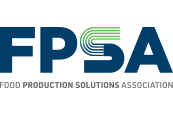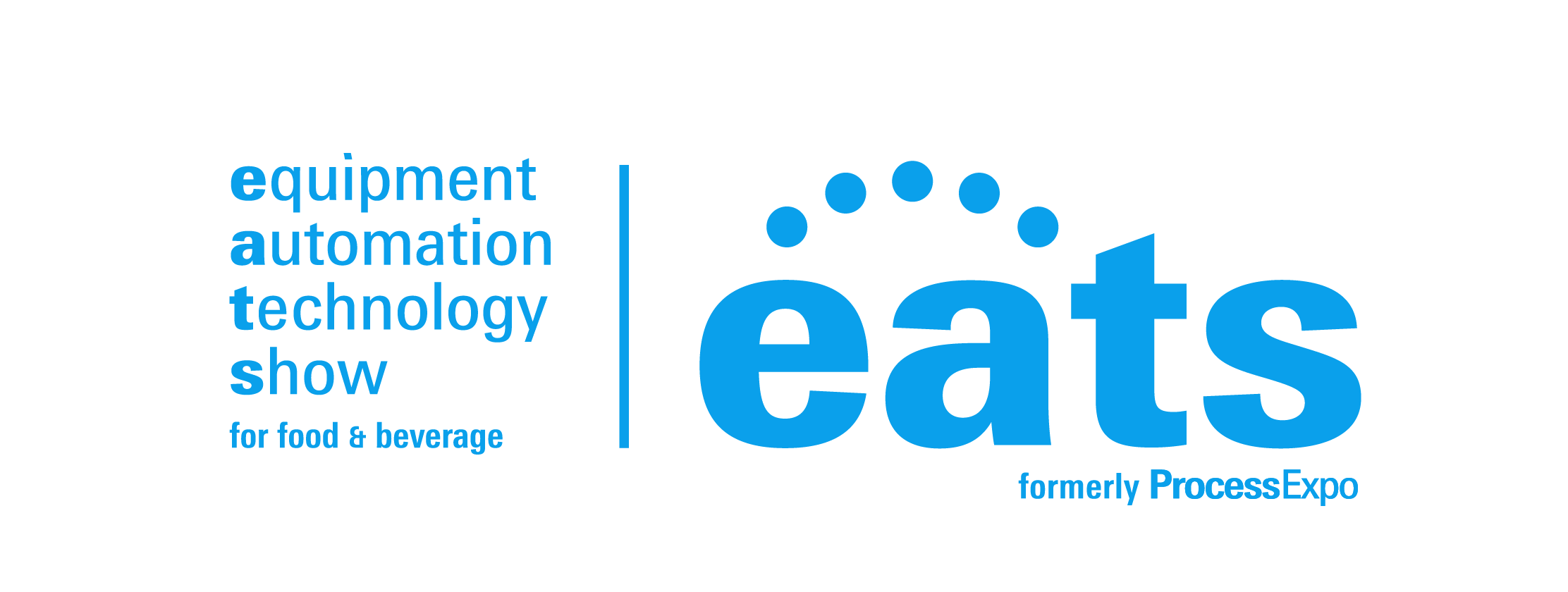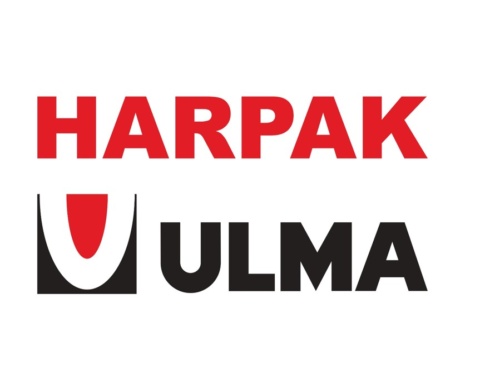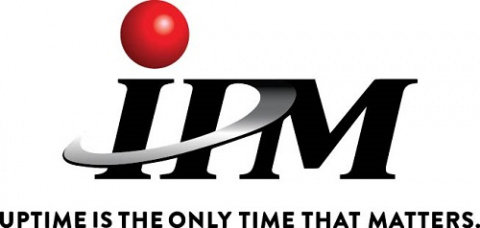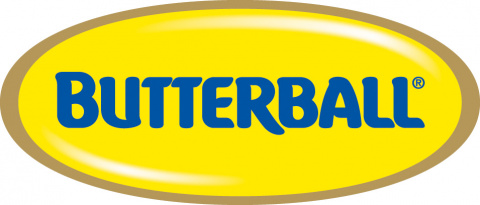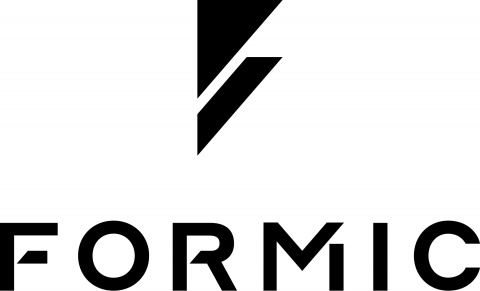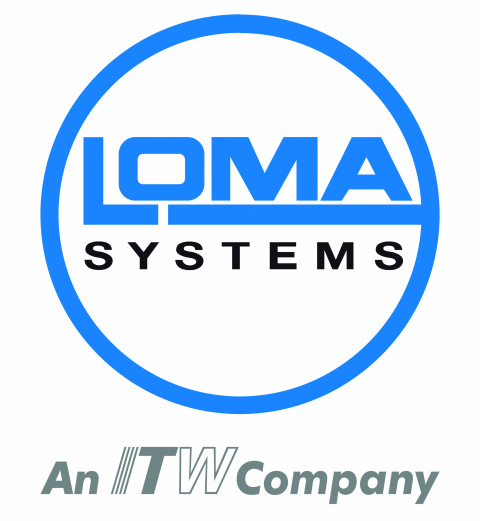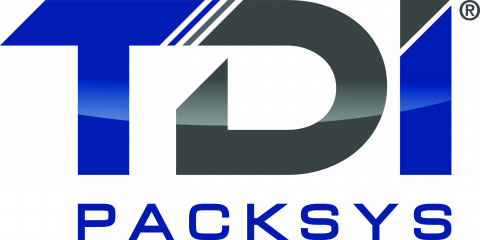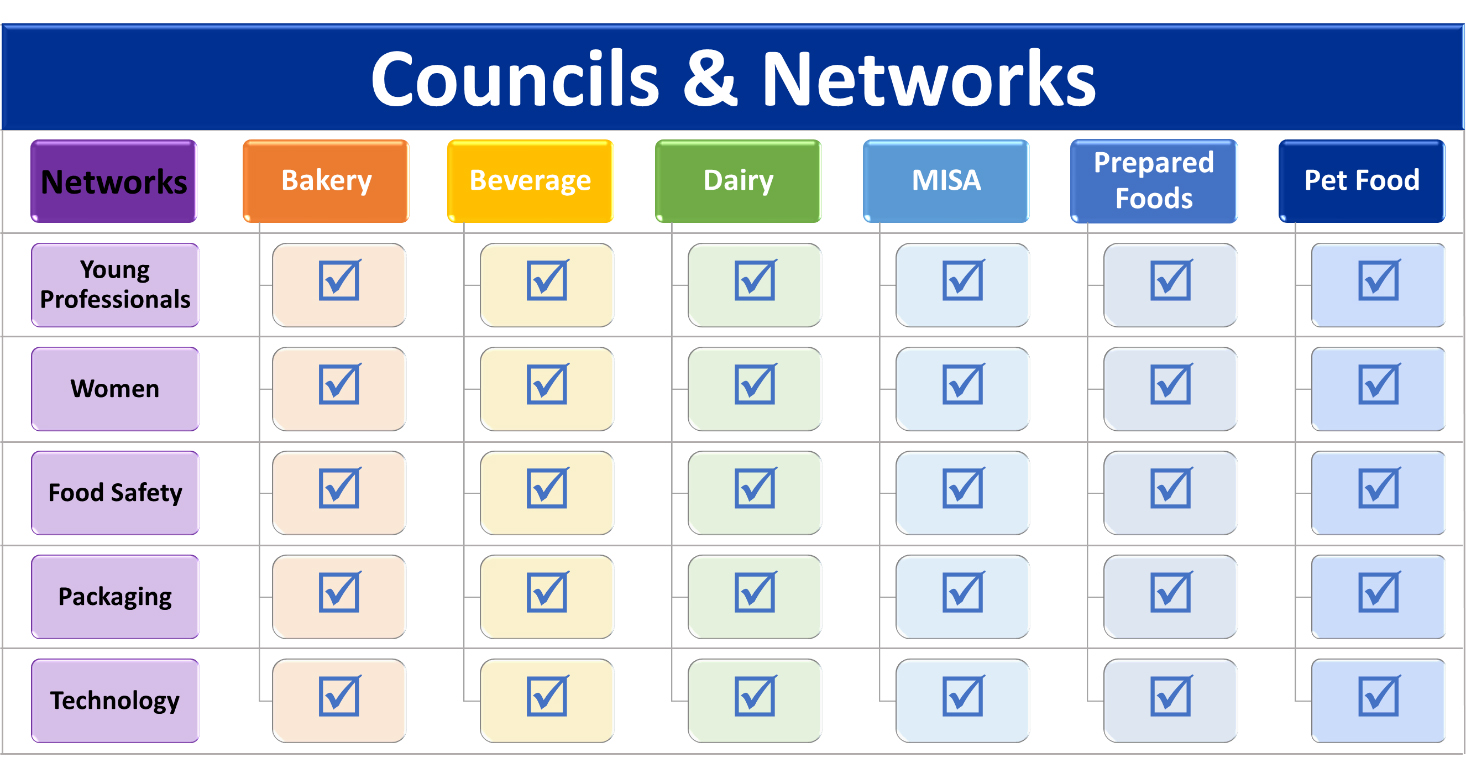
Over the summer, we announced a sweeping change to how FPSA operates. As an addition to the six industry councils, we introduced a new Network structure, which brings FPSA membership to a new level and creates new avenues for engagement.
In this interview, FPSA Chairman Jarrod McCarroll discusses how the new Networks will benefit individuals, companies, the Association, and the industry as a whole.
Can you provide a brief overview of the Networks and how they operate within the FPSA structure?
JM: The Networks are groups of subject matter experts who work together to identify topics and issues in that sector that impact the industry as a whole. Currently, there are five networks: Food Safety, Packaging, Technology, the FPSA Women’s Council, and the Young Professionals Group. The Networks provide bridges between the Councils, which serve the following industry verticals: Bakery, Beverage, Dairy, Meat, Pet Food, and Prepared Foods. < The reason for this organization is to promote cross-pollination across industry segments. The Networks will bring issues to the Councils, and then the Councils will decide what actions to take. Any FPSA member or associate member can join a Network, and we’re hoping to have some people who serve on both Networks and Councils. For example, as a subject matter expert in hygienic design for the dairy industry, you could be part of both the Food Safety Network and the Dairy Council. Someone else could be in both the Food Safety Network and the Meat Council (MISA). You would work together in the Network and then take your research and learning back to your respective Councils.
How are the FPSA Networks different from other networking opportunities in the industry?
When I think about the benefits of networks, I think of groups like Vistage and YPO, where you have the opportunity once a month or once a quarter to meet with your peers to talk about current issues and get professional feedback from folks who have been there and done that.
Before the Networks, there wasn’t a group that provided those same opportunities around industry-specific topics like packaging, food safety, and technology. The Networks offer this type of forum — subject matter experts can meet with their peers to identify and discuss problems affecting their companies and our industry and then raise those issues with the Councils to take action.
What value do the new Networks provide for companies? Why should companies encourage their employees to participate?
For me, the reason that I will encourage folks from my company to get involved in the Networks is twofold.
First, they’ll have the ability to meet with like-kind personnel from other companies to talk about relevant issues that impact everyone’s business and work on solutions that they can bring to the Councils. This is an opportunity for subject matter experts from multiple companies to leverage their group intellect and raise issues to be acted on by the Council.
Second, by working with their peers, my employees will be able to expand their knowledge and bring that new learning back to our company in the form of research, best practices, and so on that will drive progressive change.
How will the Networks specifically benefit the younger people coming into the industry as well as the companies looking to attract and retain new talent?
Every industry in the country is aging. But the future lies in the next generation, and we need to start developing young talent now to be the next group of leaders in our industry.
Traditionally, the FPSA Annual Conference has been primarily attended by executive leadership. The Networks will give member companies the opportunity to bring their young talent into a forum where they get to interact with C-level leaders. This will help them grow their professionalism, develop their leadership skills, learn how organizations are run, and contribute on a level that wasn’t available before.
In your view, what will success look like for the Networks?
One of the things we’re focusing on in the Networks is making sure we have a good blend of established leadership and subject matter experts as well as new blood. I’m excited to see participation from people who haven’t been involved before.
I’m also looking forward to seeing how the Networks will start shaping the way the Councils work. I’d like to see a process that leads to an action plan with executable outcomes.
The Councils have a dire need for more research and visibility into current issues. We need to be better informed. This is the responsibility of the Networks — to make sure the Councils have the research and information they need to mobilize and take action, via funding or other activities, that will drive progress in our industry. Ultimately, our goal is to make PROCESS EXPO the complete food show for North America. We won’t be able to achieve that without the Networks.
How do you see FPSA changing because of the Networks?
I see a much more active organization evolving. We’ve done great work in the Councils for a long time. As we expand PROCESS EXPO into the horizontal food show, we’ll need to do even more to support our members and our members’ customers.
Through the Networks, the FPSA will expand its reach and its knowledge base. This will drive attendance at the show as well as membership in the Association. Specifically, I expect that we’ll see more associate members in the way of processors becoming involved as they realize the impact the Networks can have.
By driving change at the ground level (for example, making design decisions about equipment further in advance), we’ll be able to transform from a reactive industry into a proactive one. The Networks will allow us to identify and talk about tomorrow’s issues today, which will turn FPSA into a more well-rounded, information-based, and activity-driven organization that’s working on the forefront of industry change. There’s a lot more work to be done, but the result will be a product that’s far superior to what we’ve had in the past.
Read more about FPSA’s new Networks:
